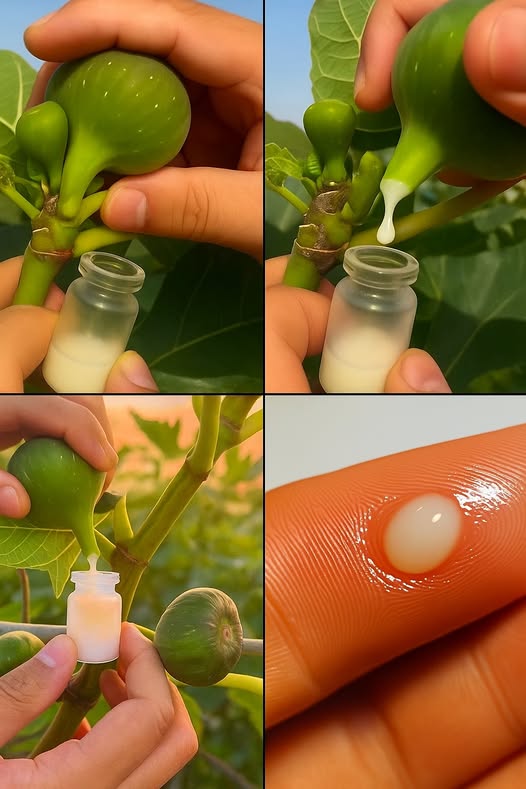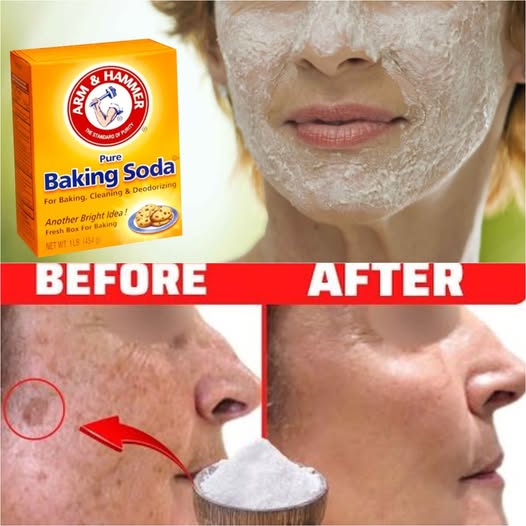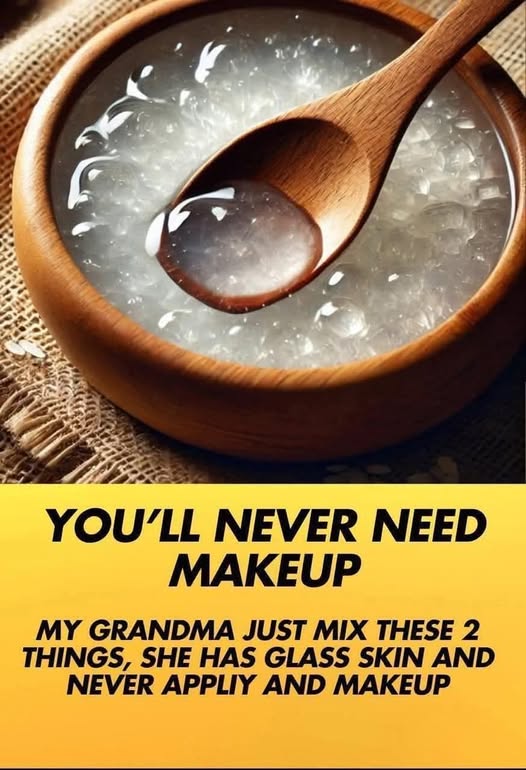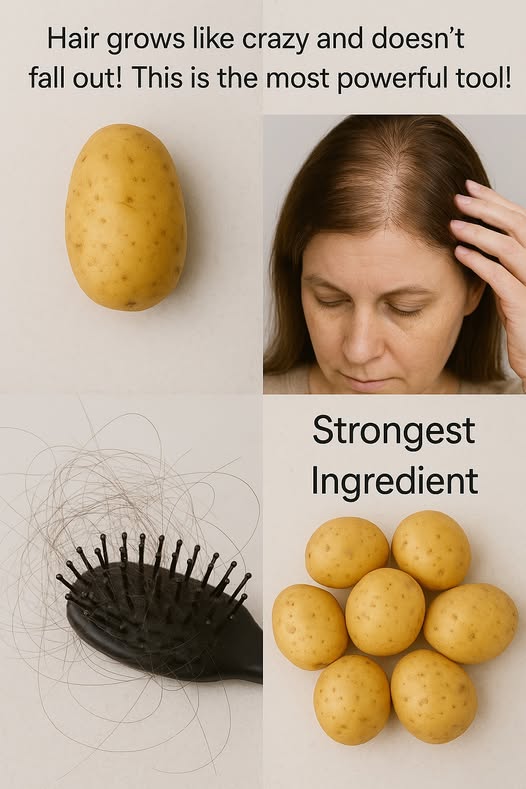Introduction: Nature’s Liquid Treasure Hidden in Plain Sight

In an era where health, wealth, and wellness collide, one natural resource stands out as a rare gem—sap. But not just any sap. We’re talking about tree sap so valuable, it rivals gold by weight—and remains shockingly unknown to the general public.
Imagine a sticky, amber liquid extracted from the heart of a tree—selling for hundreds or even thousands of dollars per kilogram—used in everything from luxury perfumes to life-saving medicines, elite cuisine to powerful ancient remedies. Yet, this golden fluid often goes unnoticed, overlooked by both investors and wellness seekers.
So, what is this sap? Why is it so valuable? How can you tap into its benefits—literally and metaphorically?
Let’s dig into the golden secret nature has kept tucked away for centuries.
The Sap in Question: What Makes It So Valuable?
Not all sap is created equal. While maple syrup is well-known, a few elite saps stand in a category of their own, both economically and therapeutically. These include:
🌿 Frankincense (Boswellia Resin)
- Used for centuries in religious rituals and traditional medicine.
- Sourced primarily from Somalia, Oman, and Yemen.
- Price: Can fetch over $500 per pound in pure, medicinal-grade form.
🌳 Dragon’s Blood
- A deep red resin from the Croton tree.
- Used in cosmetics, wound healing, and mystical rituals.
- Price: High-grade Dragon’s Blood can reach $100–$250 per kg.
🍂 Myrrh
- Famous biblical resin with antimicrobial properties.
- Still used in oral care and aromatherapy.
- Price: Can exceed $200 per pound depending on purity.
🍁 Maple Tree Sap (for syrup)
- Though more common, high-grade organic syrup from wild trees can be extremely profitable.
🌴 Palm Sap (for palm sugar and wine)
- Fermented into beverages or boiled into rare sugars.
- Hugely important in tropical cultures.
Among all these, frankincense and myrrh remain the most symbolically, economically, and medicinally valuable—earning their place in history and modern commerce.
Frequently Asked Questions (FAQs)
❓1. What Is Tree Sap, Exactly?
Sap is the lifeblood of trees—a liquid that transports nutrients and water. Some trees secrete resinous sap, which hardens into a valuable gum or crystal. These resins are what hold immense commercial value.
❓2. Why Is Frankincense Called “Liquid Gold”?
Frankincense resin:
- Comes from Boswellia trees that grow in harsh, remote terrains.
- Requires labor-intensive extraction—scoring the bark, collecting, drying.
- Yields are low, demand is high.
- It’s used in:
- Ayurvedic and traditional Chinese medicine
- Luxury incense
- Essential oils and skincare
- Cancer and inflammation treatment research
That’s why high-grade frankincense is literally worth more than gold per ounce in elite markets.
❓3. Is There Scientific Evidence Behind Its Benefits?
Yes. Multiple studies support its benefits:
- Frankincense (Boswellic acids) have shown:
- Anti-inflammatory effects for arthritis and colitis
- Potential anti-cancer properties
- Stress relief and enhanced spiritual awareness
- Myrrh has been proven:
- Effective as an antibacterial and antifungal
- Useful in oral care (mouthwashes and toothpaste)
- To have pain-relieving effects
❓4. How Is It Harvested?
Harvesting sap requires expertise and ethical practices:
- Trees are tapped by cutting into bark.
- Sap oozes and hardens over weeks.
- Collectors return to gather hardened resin—a slow, manual process.
- Overharvesting can kill trees—thus, sustainability is key.
❓5. Who Buys This Sap—and Why?
This precious sap is highly sought after by:
- Pharmaceutical companies for its anti-inflammatory compounds
- Perfumers for base notes in elite fragrances
- Cosmetic brands for skin-healing properties
- Wellness influencers and practitioners for natural healing
- Investors and importers targeting niche luxury markets
In Oman, for example, sultan-grade frankincense sells for over $1000/kg. It’s a serious business.
The Economic Goldmine: Sap as an Investment
If you’re thinking this is just health talk—think again. Rare sap resins are a booming trade.
📊 Market Data Snapshot:
- The global frankincense market is projected to grow at a CAGR of 6.5% from 2024–2030.
- Organic essential oil sales (including sap-based oils) surpassed $9.7 billion in 2023.
- Luxury wellness and holistic healing are pushing demand even higher.
💡Opportunity:
- Small-scale farmers in Ethiopia and Somalia earn up to 5 times more from sap collection than from traditional farming.
- Ethical sourcing and certified organic products can fetch premium prices online and in wellness stores.
Hidden Health Benefits That Will Surprise You
Sap isn’t just gold for your wallet—it’s gold for your health.
🔹 Anti-Inflammatory Power
Boswellia resin reduces:
- Arthritis pain
- IBS symptoms
- Asthma inflammation
🔹 Skincare Savior
- Heals acne, eczema, and scars.
- Firms skin and reduces wrinkles.
🔹 Stress & Mental Clarity
Used in:
- Aromatherapy for stress relief and focus
- Meditation and religious practices for mental clarity
🔹 Immunity Boost
Contains terpenes and boswellic acids that:
- Boost white blood cell production
- Help your body fight infections
How You Can Use It Today
Even if you’re not an investor or farmer, you can start reaping benefits:
🧴1. Topical Skincare
- Add a drop of frankincense oil to your moisturizer.
- Use Dragon’s Blood in anti-aging serums.
🧘♀️2. Aromatherapy & Meditation
- Burn frankincense resin in a charcoal diffuser.
- Use Myrrh essential oil to deepen meditation.
🫚3. Homemade Healing Balm
Ingredients:
- Beeswax
- Coconut oil
- Frankincense & Myrrh oils
☕4. Herbal Infusions & Oral Health
- Myrrh tincture as mouthwash for gum health.
- Frankincense tea (only if food-grade certified!) for gut health.
A Cautionary Note: Choose Wisely
Because of the rising value, counterfeit and adulterated products flood the market. Here’s how to stay safe:
✅ Buy from reputable suppliers with third-party testing.
✅ Look for organic certifications.
✅ Know the botanical name—e.g., Boswellia sacra for true frankincense.
✅ Avoid overly cheap products—they are likely diluted or fake.
Conclusion: Don’t Miss the Golden Opportunity in Plain Sight
Most people pass by trees, unaware that what’s flowing inside them could change their life, improve their health, or grow their wealth.
From ancient rituals to modern science, this golden sap has stood the test of time—as a healer, a spiritual tool, and now an economic force.
Whether you’re looking to:
- Enhance your wellness routine
- Start a niche product line
- Invest in rare natural resources
- Or simply heal naturally—
Now you know. This sap is worth its weight in gold. Don’t let its power pass you by.


